Critical thinking skills Normal Science Worksheets
10 filtered results
-
From - To
Discover our engaging "Critical Thinking Skills Normal Science Worksheets," designed to enhance young learners' analytical and reasoning abilities. These worksheets promote exploratory learning through fun activities that spark curiosity about the scientific world. Covering essential topics, our resources encourage students to ask questions, evaluate information, and draw conclusions. With a variety of exercises catered to different learning styles, educators can easily integrate these worksheets into their lesson plans, fostering a classroom environment that values critical thinking. Equip your students with the essential skills they need to investigate, analyze, and thrive in science. Access our thoughtfully crafted worksheets today!


Protecting Our Homes Worksheet
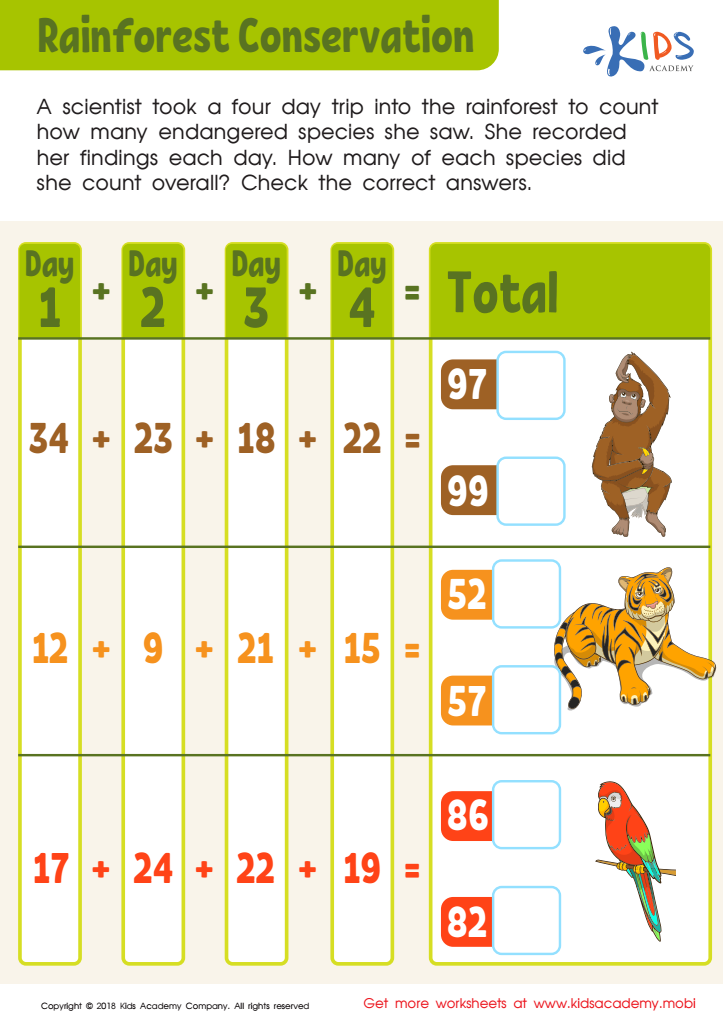

Rainforest Conservation Worksheet
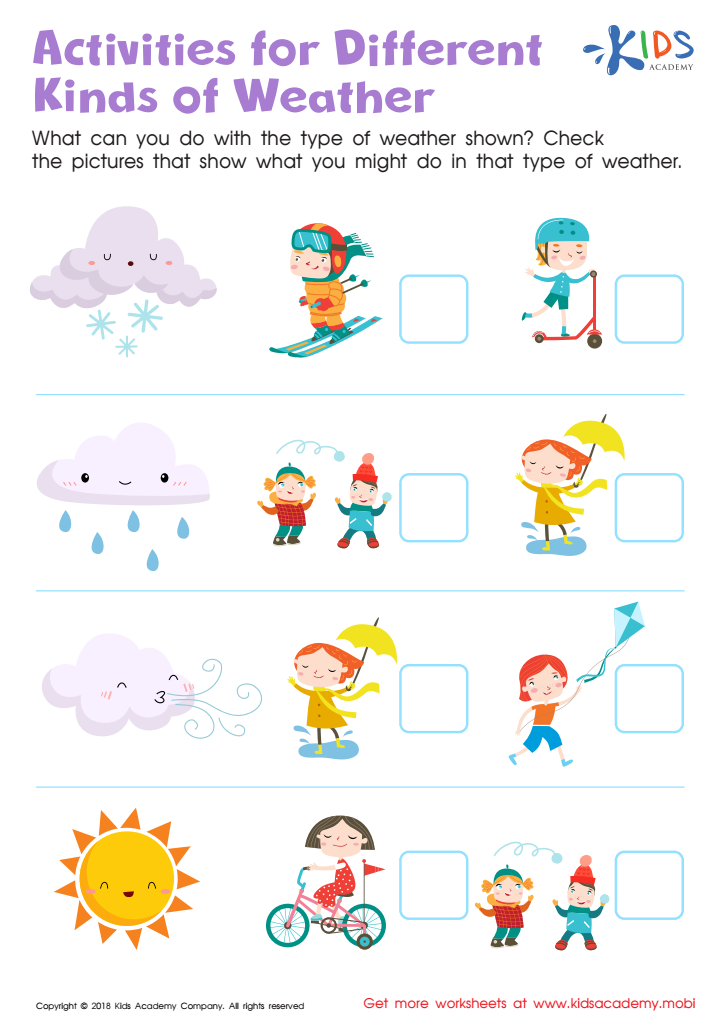

Activities for Different Kinds of Weather Worksheet
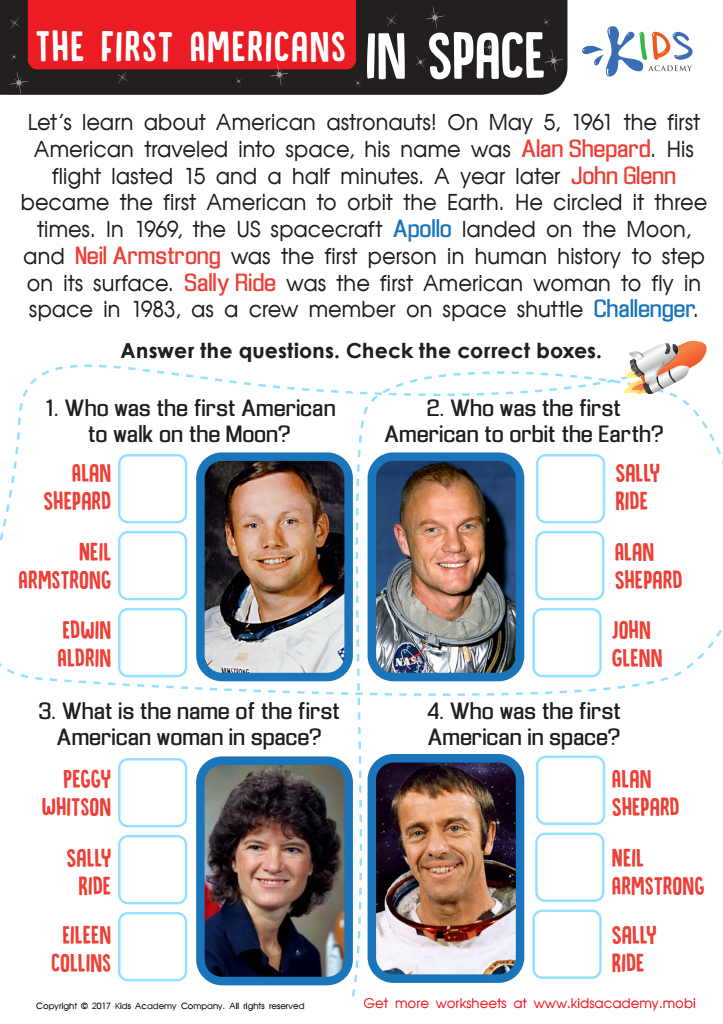

First Americans in Space Worksheet
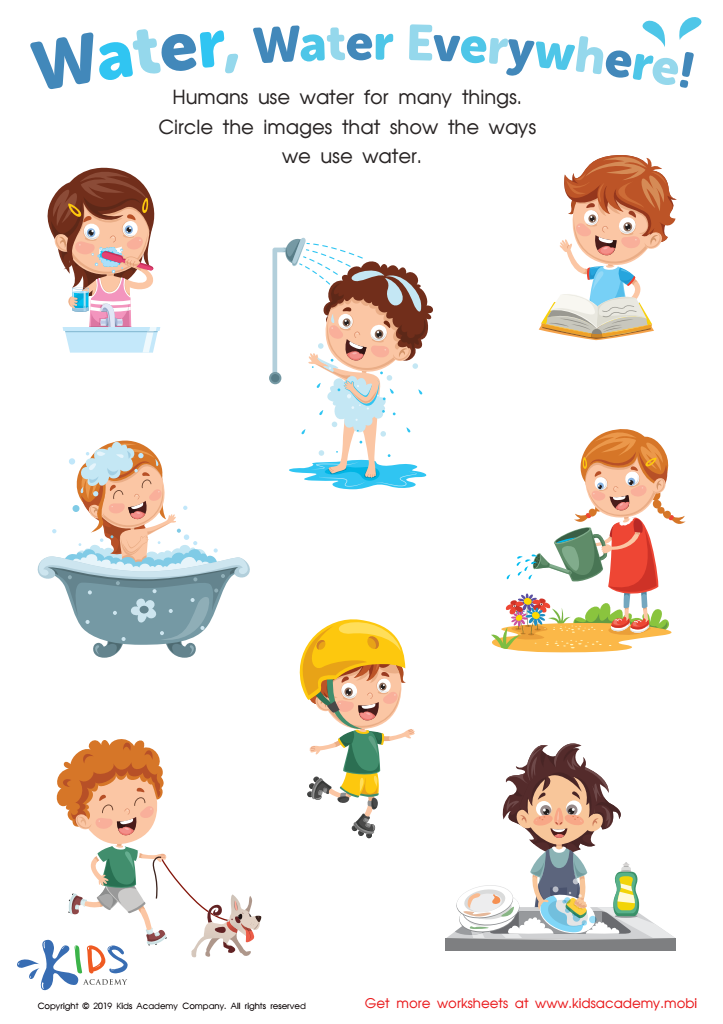

Water, Water Everywhere! Worksheet
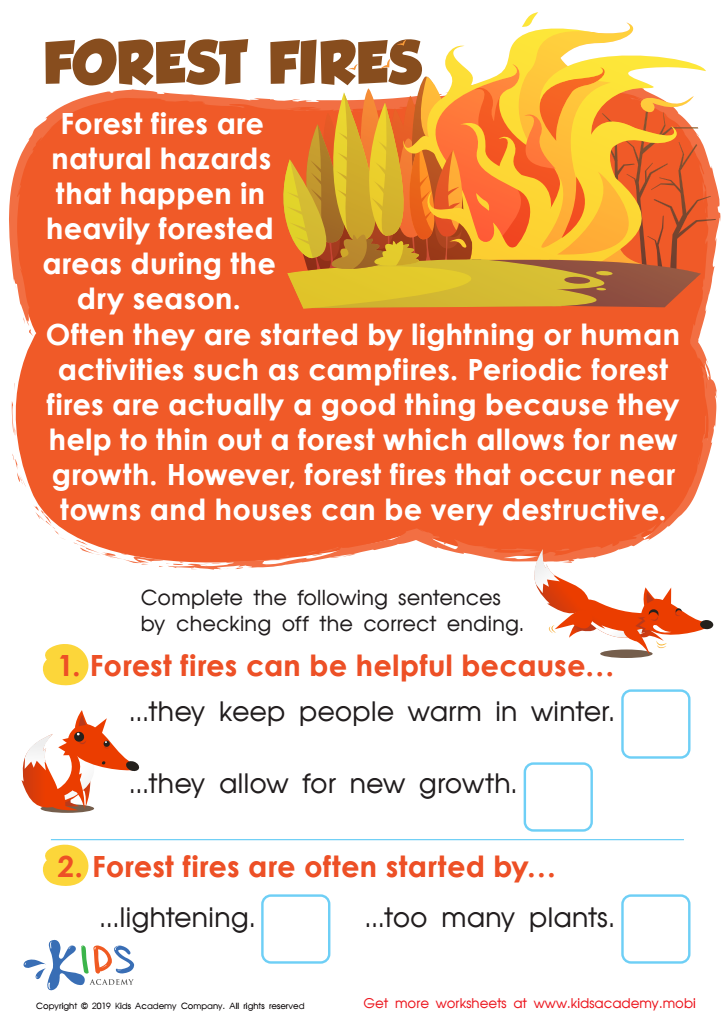

Forest Fires Worksheet
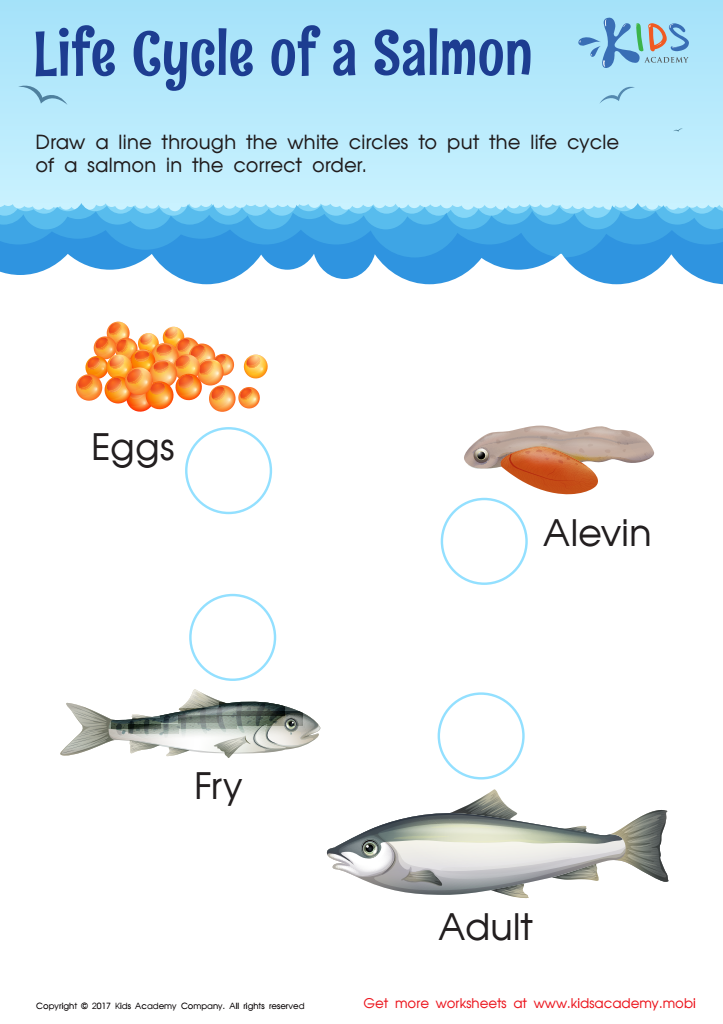

Cycle Of Salmon Worksheet
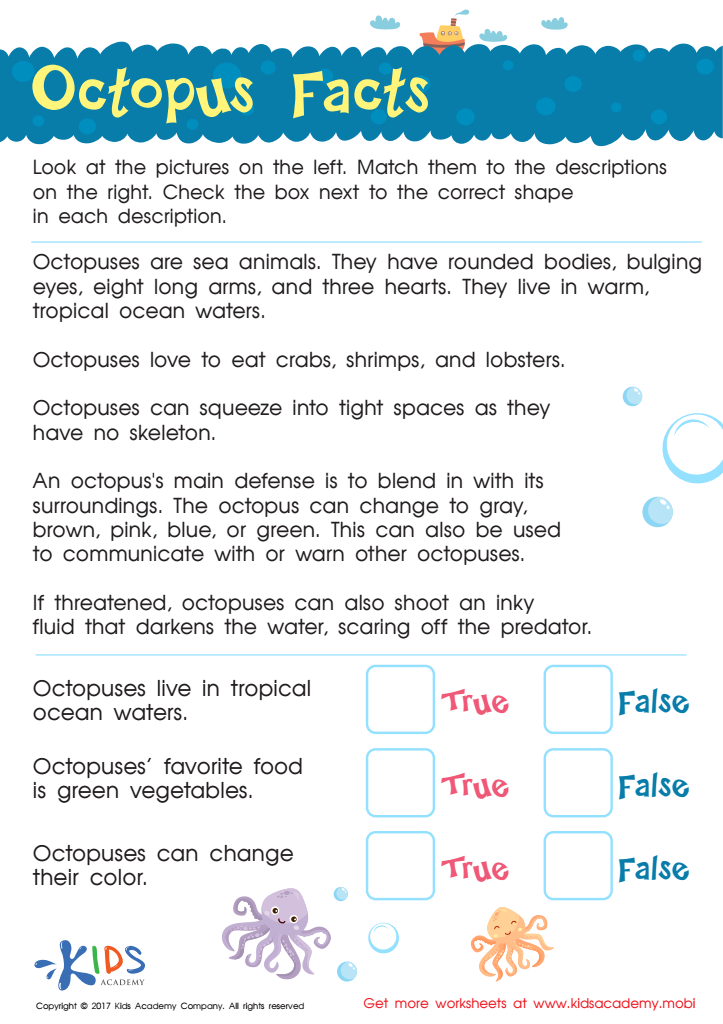

Octopus Facts Worksheet For Kids
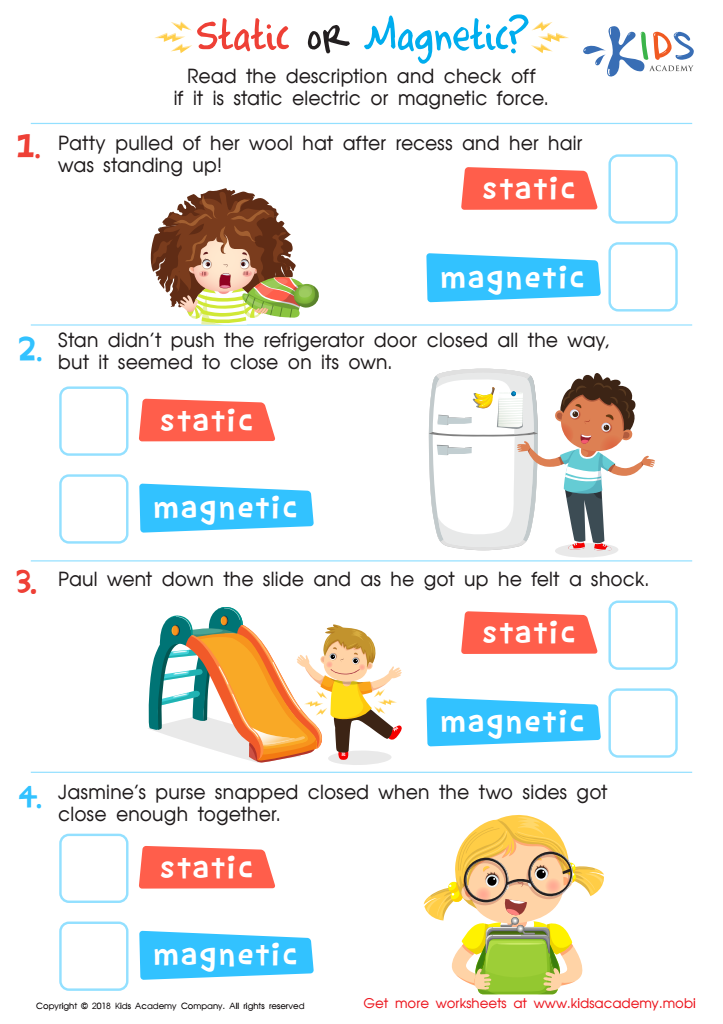

Static or Magnetic Printable Worksheet
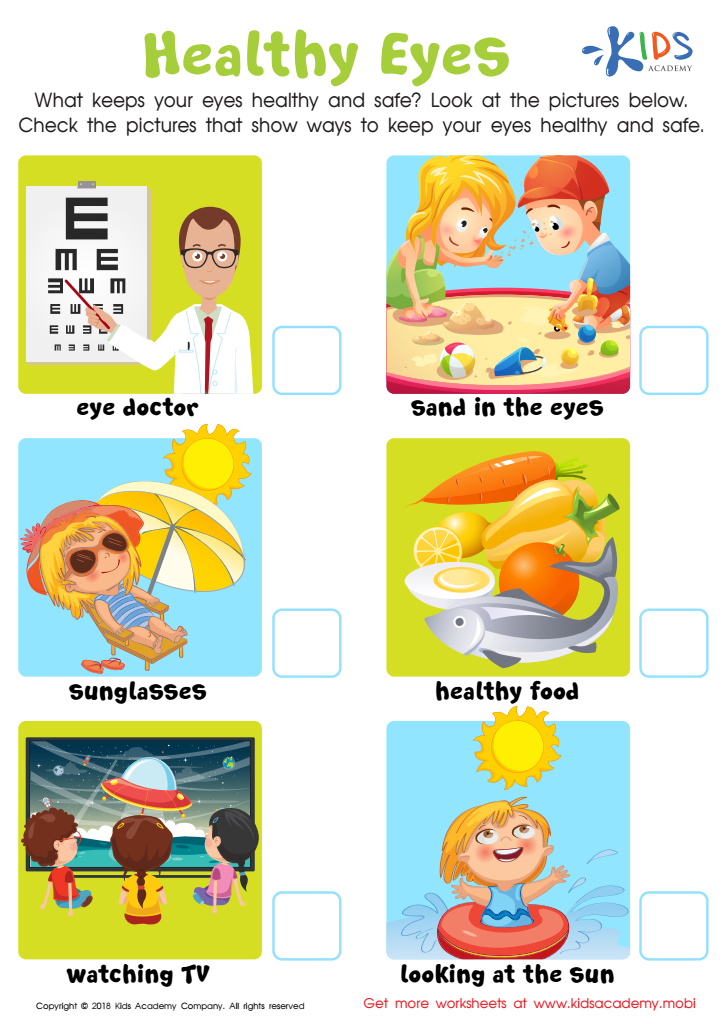

Healthy Eyes Worksheet
Critical thinking skills are essential in education, serving as a foundation for developing well-rounded, educated individuals. For parents and teachers, fostering these skills during the formative years is crucial for several reasons. First, critical thinking enables children to analyze information, question assumptions, and approach problems creatively. This is particularly important in "normal science," which refers to the established theories and frameworks guiding scientific inquiry. Teaching students to critically engage with scientific concepts encourages curiosity and a deeper understanding of the world around them.
Moreover, critical thinking equips children with the ability to make informed decisions. In an era rife with misinformation and rapidly changing information, instilling these skills early helps students discern credible sources and evaluate evidence critically. This not only enhances their academic performance but also prepares them for responsible citizenship in a democratic society.
Parents and teachers who prioritize critical thinking must provide opportunities for discussion, debate, and exploration beyond surface-level understanding. When children learn to effectively question and analyze, they not only excel in school but also develop lifelong skills that are necessary for any career. Ultimately, developing critical thinking skills in young learners empowers them and cultivates a culture of inquiry and skepticism essential for scientific literacy and beyond.
 Assign to My Students
Assign to My Students

















